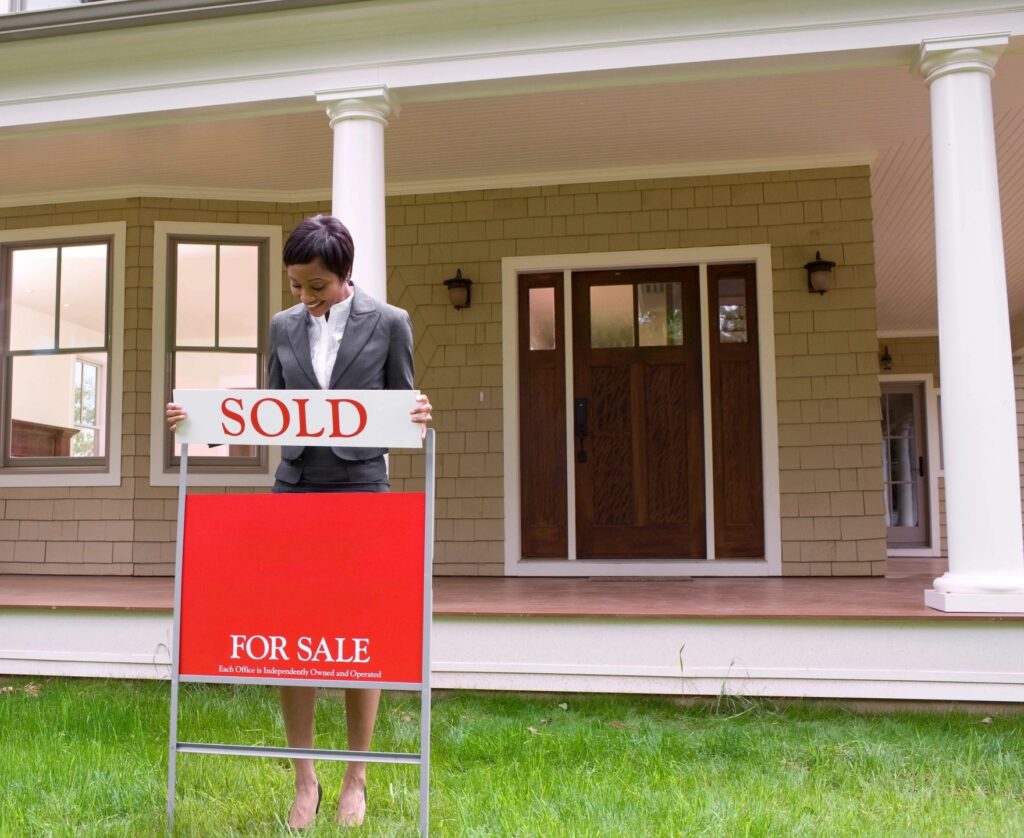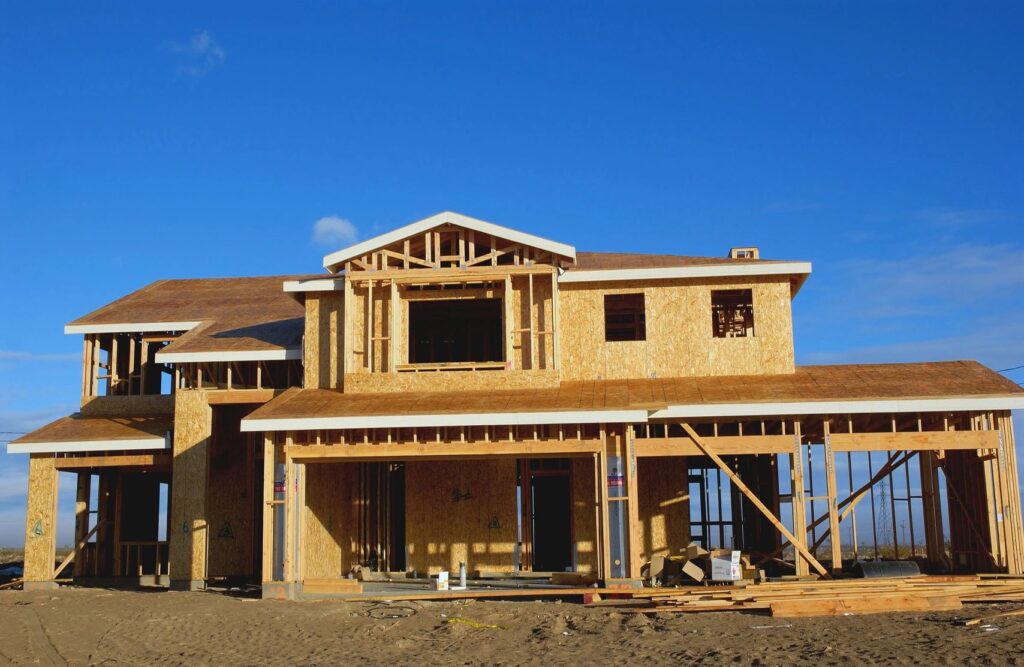
The purchase of a home is most likely one of the most expensive and important purchases a person will make. The buyer and the mortgage lender must be certain that the home is indeed completely the buyer’s and that no other person or government entity has any right, lien, or claim to the property at all whatsoever. Like most types of insurance, having title insurance is better to have and not use than needing it and not having it available.
Title Insurance companies are in business to make sure the rights and interests of the property are clear, that the transfer of title takes place efficiently and correctly, and that the interests of a homebuyer are protected to the maximum degree.
Hidden issues can pop up after the closing of a home. Having title insurance will protect the buyer from some pretty sticky situations. Some of these unforeseeable title claims can be:
- Forgery | False Documents – for example, the seller misrepresents the identity of the person selling the property.
- Fraud | deception to achieve unfair gain -for example, someone steals identity and either sells the house without the owner’s knowledge or consent or takes out a second mortgage on the property and walks away with the money.
- Clerical error | inconsistent paperwork and historical records – for example, an unforeseeable discrepancy in the property or fence line confuses ownership rights.
Title insurance is a safeguard against loss arising from hazards and defects already existing in the title. While claims on title insurance are rare compared to other types of insurance, they still happen and can be complicated legal issues to fix.
- Outstanding mortgages and judgments, or liens against the property because the seller didn’t pay required taxes.
- Pending legal action against the property that could affect your ownership.
- An unknown heir of a previous owner is claiming ownership of the property.
After the title company conducts an exhaustive search relevant to the property with assurance that no one else has an interest in it, a policy will be issued. Because of this examination of all the records, any problems with the title will be cleared up before the purchase of the home. Once the title policy is issued, if a problem arises leading to a file against the property, the title company pays the legal fee that would be incurred in the defense of the owner’s rights as well as any loss arising from a valid claim. This protects the owner and any heirs as long as it is their property.
The Bottom Line: The title company hired will conduct a meticulous title search, however, the possibility of something being overlooked cannot be eliminated. That’s why it’s crucial to have title insurance. The policy will protect against any unforeseen issues that may arise with the property’s title. Without title insurance, an owner could end up dealing with expensive legal costs and other charges. An investment like a home should be safeguarded and a title policy should be in place before the day of closing.

 See Our National Coverage Map
See Our National Coverage Map


